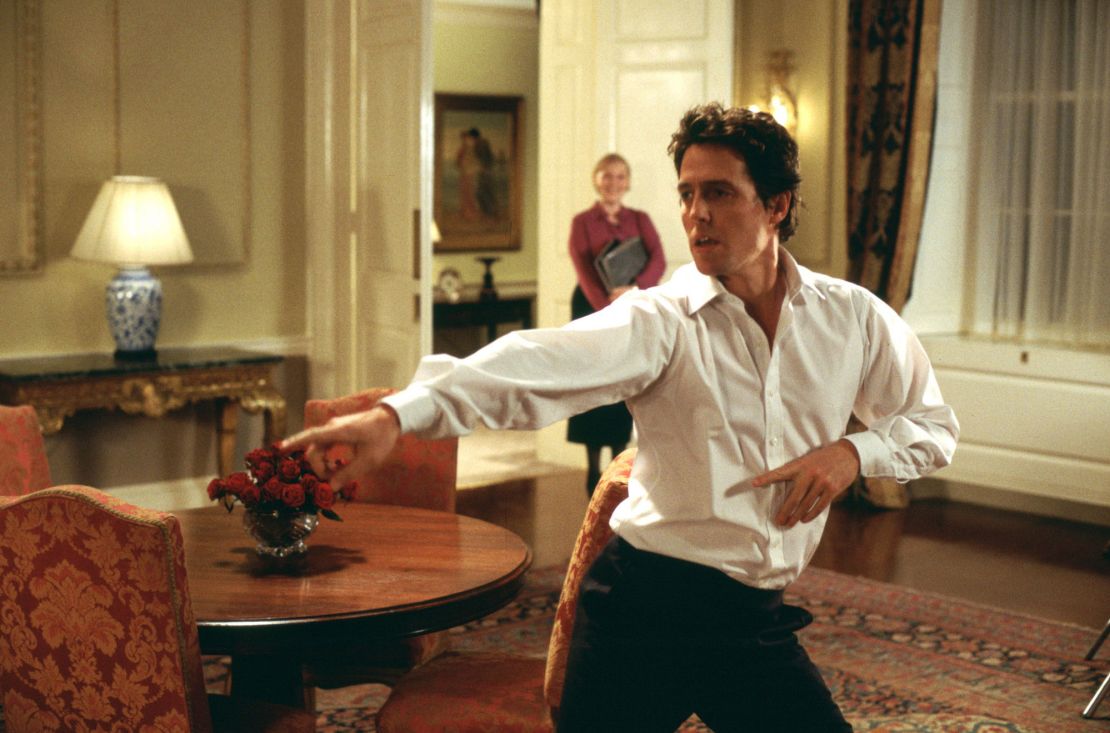The Enduring Legacy of “Love Actually”
A Holiday Favorite
Every year, as winter’s chill sets in and Christmas approaches, the romantic comedy “Love Actually” re-emerges as a beloved holiday classic. This 2003 film has found its way into countless households and has become a staple on television screens, inviting viewers into its heartwarming, albeit complicated, world of love.
Nostalgia Meets Critique
While “Love Actually” remains a favorite for many, it hasn’t been without its share of scrutiny, especially regarding its depiction of relationships and diversity. Nearly two decades after its premiere, the film faces critical discussions that highlight its shortcomings. The narratives are largely seen through a narrow lens, primarily focusing on White, heterosexual couples.
Richard Curtis: Reflecting on the Past
Richard Curtis, the film’s writer and director, acknowledges that times have changed since the film’s release. In an interview with Diane Sawyer for ABC News, he voiced his awareness of these issues, stating, “There were things you’d change but thank god society is changing. So my film is bound, in some moments, to feel, you know, out of date.” His candid admission signifies a recognition of the evolving societal landscape that continually shapes our media.
The Interconnected Stories
“Love Actually” is famous for its collection of interwoven storylines, following various romantic relationships throughout the Christmas season. However, as Curtis himself pointed out, the predominant cast is White, and the relationships lack diversity. He recalled the discomfort he felt regarding this aspect, highlighting that it may not resonate well with today’s audiences who seek broader representation.
Star-Studded Cast
Despite its criticisms, the film boasts an exceptional ensemble of talent. Iconic performances by actors such as Alan Rickman, Emma Thompson, Hugh Grant, and Keira Knightley contribute to its charm. Each character, like the plotlines, brings a unique flavor to the film, making it memorable.

As Emma Thompson aptly expressed in the documentary, understanding the film’s popularity is rooted in its emotional core. “I think that we forget, time and time again we forget, that love is all that matters,” she said, suggesting that the central theme of love continues to resonate.
The Impact Beyond the Screen
“Love Actually” has transcended its status as a mere film; it has spawned cultural phenomena. Bill Nighy, another standout in the movie, remarked on how it has woven itself into everyday language and experience. Fans share moving accounts of how the movie provided comfort during difficult times, showcasing its emotional reach. “I’ve had people coming up to me saying ‘it got me through my chemotherapy,’ or ‘it got me through my divorce,’” he shared, highlighting the film’s importance in people’s lives.
Revisiting Earlier Works
Curtis’s filmography isn’t limited to “Love Actually.” He has authored several romantic comedies, including “Four Weddings and a Funeral,” which also dared to venture into more progressive territory by portraying a same-sex relationship. Simon Callow, who played Gareth in that film, recalled in The Guardian receiving letters from viewers who were surprised that gay individuals could experience emotions similarly to heterosexual couples. This anecdote underscores the shifting norms and the critical role media plays in shaping societal perceptions.
A Continued Conversation
The enduring nature of “Love Actually” prompts important conversations around representation and inclusivity in film. As audiences reflect on its legacy, they are also driven to discuss how future romantic comedies can better represent a diverse array of relationships and experiences, paving the way for a more inclusive cinematic landscape.
In essence, “Love Actually” remains a complex tapestry of nostalgia, joy, and the ongoing dialogue about love—not just as a feeling but as a crucial, rich part of the human experience.



